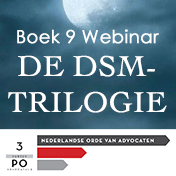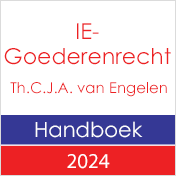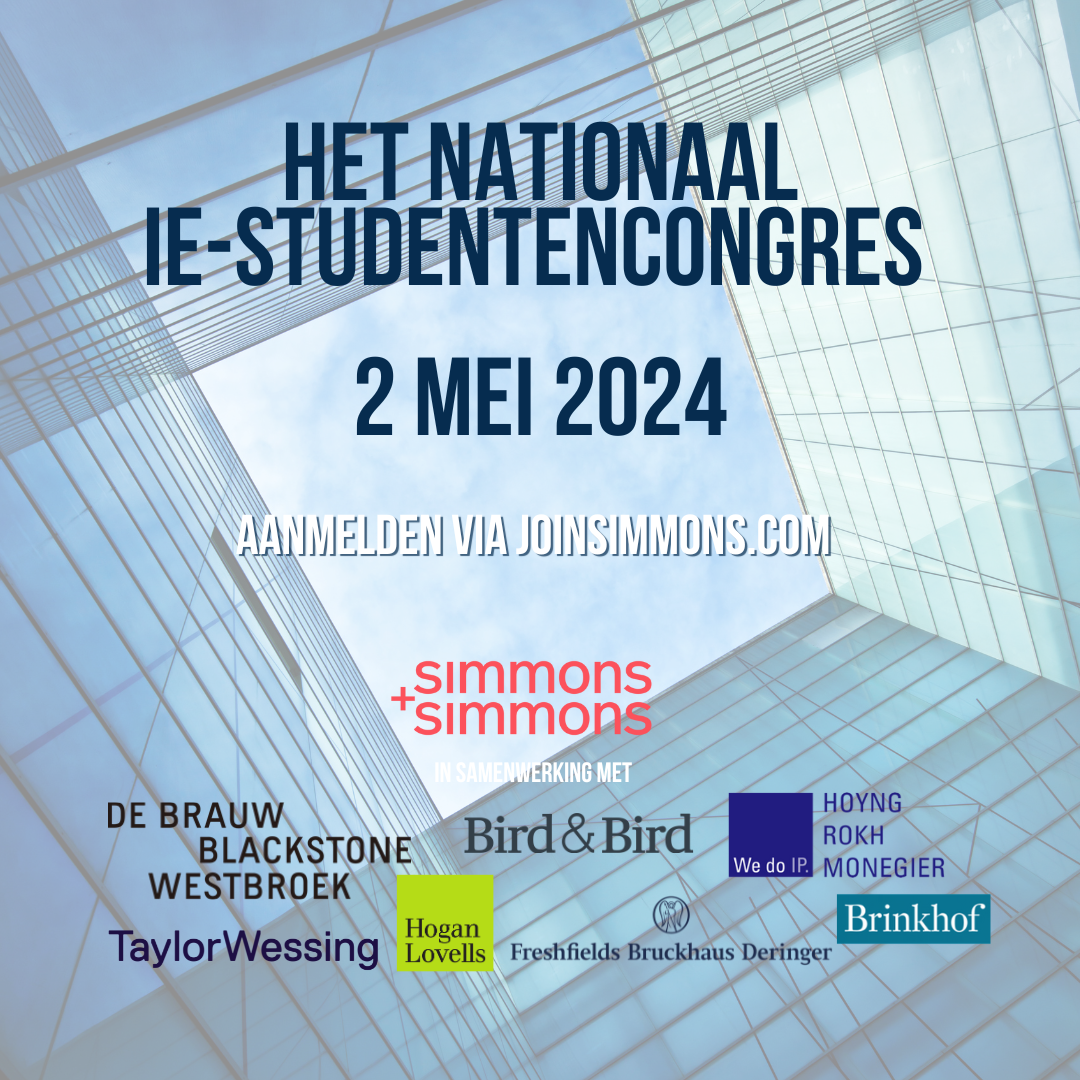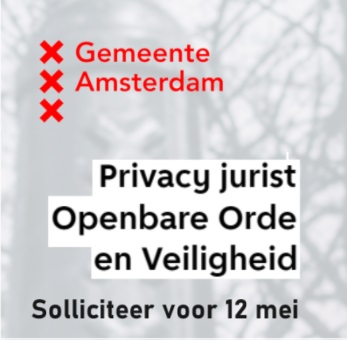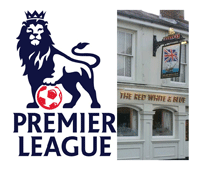 B9 10249. Eerste online berichtgeving en commentaren bij HvJ EU, 4 oktober 2011, gevoegde zaken C-403/08 & C-429/08, Football Association Premier League e.a. tegen Murphy (zie B9 10218).
B9 10249. Eerste online berichtgeving en commentaren bij HvJ EU, 4 oktober 2011, gevoegde zaken C-403/08 & C-429/08, Football Association Premier League e.a. tegen Murphy (zie B9 10218).
Bernt Hugenholtz (IViR): "Europe 1 – Premier League 0. The judgment is likely to have far-reaching ramifications for current business practices in the broadcasting sector, as licenses conferring absolute territorial exclusivity are common, not only as regards televized football matches and other sporting events, but also in respect of motion pictures and other premium content offered by satellite pay TV services. The judgment might also affect current practices regarding web-based television services and other online content services that are territorially restricted by way of ‘geoblocks’ preventing access to foreign users. With its categorical rejection of absolute territorial exclusivity in copyright markets, the judgment will surely give further impetus to ongoing discussions at the political level on the need to replace national, territorially defined copyrights by a structure of unitary European copyright law." Kluwercopyrightblog.
"Impact on EU copyright law. If national courts take a wide view on what reproductions are covered as the Advocate General) did, this ruling could prove useful for content owners in preventing online streaming services, where small parts of works appear in the memory of users' computers. (…) The transient acts of reproduction defence would apply to any reproductions in home viewers' decoder boxes and screens. Those private viewers are permitted to receive the broadcast signal so it would not make sense for them to be prohibited from viewing that signal. This finding is unlikely, however, to help commercial providers of third party content (such as those at issue in the Meltwater litigation), as it is more difficult to identify a lawful use in this context and to argue that the reproduction does not have an independent economic significance. The judgment also does not relate to the finding in the Meltwater case that the reproductions made by users were not "an integral and essential part of a technological process". (….) The communication to the public right was given a broad interpretation. The right effectively applies to any transmission of a work which is to an additional or new public compared to the public authorised by the copyright owner. The Court disagreed with the Advocate General on this point, who said that there was no transmission / communication because the public was present where the communication originated (i.e. on the screens) and that the Information Society Directive had not intended to cover these kinds of situations (i.e. free broadcasts in pubs). This finding will probably mean that the online simultaneous streaming of TV broadcasts at issue in the TV Catchup litigation will be unlawful. In future, identifying the original public to whom a rights holder intended its works to be transmitted will be crucial in identifying whether any particular transmission is to a "new public". TaylorWessing.
"Pub landlady Karen Murphy's successful stand against Premier League and Sky proves just the tonic for regulars. The blackboard in the Red, White and Blue pub in Southsea, Portsmouth, is normally used for chalking up the scores in the local Summer Darts League, which the regulars here usually win. On Tuesday, though, it was celebrating a very different result, which was decided more than 300 miles away in Luxembourg. “Murphy 2,” said the board, “Sky 0”. Walking into the RWB on Tuesday afternoon, it was hard to find a square metre of space, given the number of photographers and television cameras camped around the bar. (…) The next man along the bar agreed. “The whole country will benefit from what Karen has fought for,” said Andrew Sedgeman. “It’s nice to see one person who is prepared to stand her ground and win her battle.” Telegraph.
“Not so fast, says the Kat: cannot specific "set pieces" which are practised to perfection in training and then executed on-field be regarded as choreographed dramatic works which are entitled to protection? Merpel agrees, pointing out that some of the most spectacular penalty-area dives are quite magnificant performances which it would be sad if the the law failed to protect them. But this is only a side issue, as the next paragraph explains”. (…) “One wonders whether future broadcasts will be split-screen affairs, with copyright-protected items being constantly on view, to be on the safe side ...”. IPkat.
"Het belang van tv-gelden voor de vijf rijkste Europese competities is niet te onderschatten. De twintig Premier Leagueclubs hebben jaarlijks 1,13 miljard euro aan tv-gelden te verdelen: 49 procent van de inkomsten van de competitie. De 892 miljoen euro aan tv-gelden die de Italiaanse clubs jaarlijks binnen harken is goed voor 60 procent van de omzet. Ter vergelijking, de achttien clubs uit de eredivisie hebben bij elkaar slechts 54 miljoen euro aan tv-gelden te verdelen. Dit is 12 procent van de totale omzet van de competitie. Nederland is financieel de zesde competitie van Europa." Volkskrant.
"Neutrale voetballiefhebber is de winnaar. Welke uitwerkingen dit baanbrekende arrest op de voetbalwereld zal hebben is vooralsnog onbekend, maar de toename van concurrentie heeft waarschijnlijk gevolgen voor de hoogte van de abonnementskosten. Het is daarom goed mogelijk dat de neutrale voetballiefhebber de grote winnaar is! Overigens merkte het Hof van Justitie wel op dat er wel andere regels gelden voor de publieke setting waarin Murphy de wedstrijden vertoont. Dit omdat de auteurs bij de toestemming van hun dienst geen rekening hebben gehouden met het extra publiek. Desalniettemin is Murphy de grote winnaar en lijkt -juist voor haar- de welbekende wet niet op te gaan."Voetbaladvocaat.nl.
Bayern-Boss Karl-Heinz-Rummenigge fürchtet nach dem europaweiten TV-Beben „gefährliche Zeiten für den Profi-Fußball“. Die Sky-Aktie rauschte spontan zehn Prozent in den Keller - verschluckt sich der TV-Riese an einer kleinen englischen Wirtin? Berliner.
"Als de High Court de uitleg van het EHvJ volledig toepast, hebben Engelse pubs waarschijnlijk nog steeds de toestemming van de Premier League nodig om de wedstrijden te tonen. Dit is omdat het in de praktijk wel erg lastig zal worden om alleen onversneden live voetbalactie te vertonen in de pub zonder tegelijk ook geluid of logo’s van de omroep te tonen, hoewel dit natuurlijk theoretisch wel mogelijk is. Het is nu aan de High Court of England and Wales om de huidige uitspraak te interpreteren. We zullen zeker enkele maanden moeten wachten op deze definitieve beslissing, maar het is vrij ongebruikelijk voor een gerechtshof uit een Lidstaat om een oordeel van het EHvJ naast zich neer te leggen."
Future of Copyright.
"What does it mean today? That, for the duration of the existing Premier League contract (which runs until the end of next season), private individuals will be able to purchase set-top boxes and decoder cards that allow them to beam in football from overseas more cheaply. As such, the 3pm blackout that stops domestic broadcasters from showing matches at the traditional time on a Saturday afternoon will become redundant – for the time being at least. There are different copyright issues around showing matches in pubs, but it appears individual consumers will be free to buy in football from overseas using foreign cards and decoders. For the next 18 months, at least, there could be something of a free for all as consumers work out to get their hands on cheaper football – and more of it. Albeit in a different language. However, Premier League insiders believe that the full judgment may call even this interpretation into question.
What will it mean in future? It could result in a pan-European market for rights as sports bodies seek to mitigate the impact of the ruling. That could be more problematic for the likes of UEFA (who rely on extracting maximum value from every local market) than the Premier League (which are keen, above all, to protect their domestic revenue). How could rights holders use this to their advantage? It's early days, but one obvious route for rights holders would be to force their TV partners to include more copyrighted elements throughout the broadcast – playing music when goals are scored, for example, or mandating specific graphics throughout the broadcast. In this way, the Premier League and other rights holders could help protect their business in pubs and clubs."
Guardian.



















































